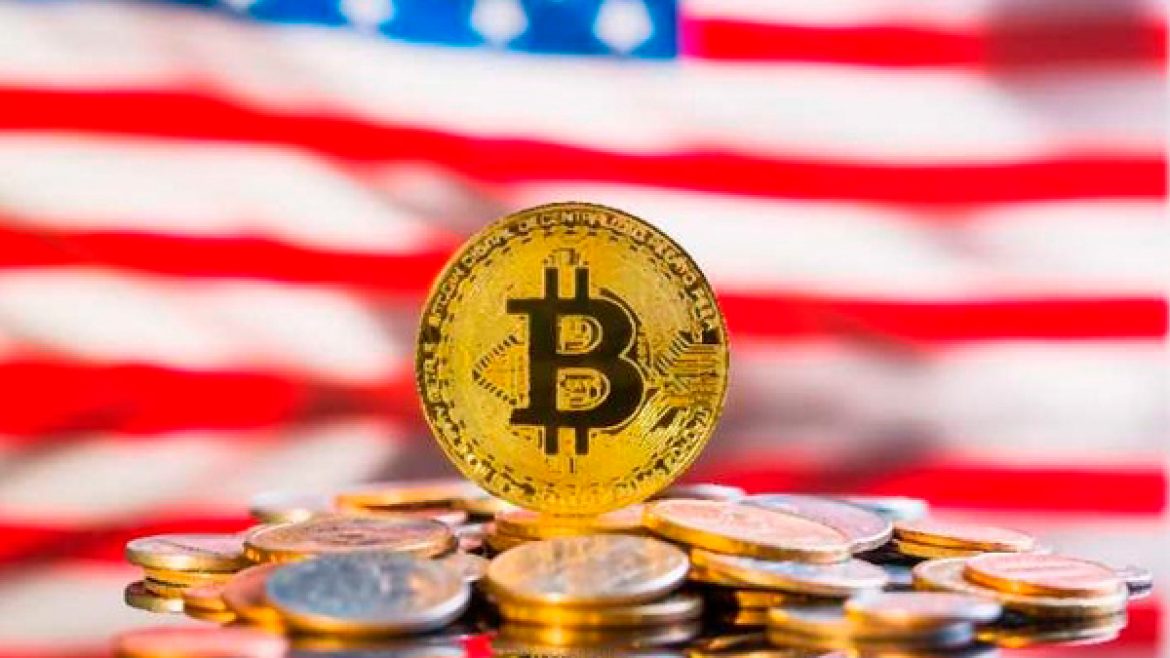Libra’s launch announcement of June 2019 started a dialogue in the United States, and for the first time in a decade, regulators showed interest in understanding cryptocurrencies and their applications. There were incidents of congressmen asking questions like, “What is the difference between Libra and Bitcoin?”, “What is Bitcoin?” and “What is a shitcoin?”
Questions like these are just the beginning, but it gets the dialogue started to help legislators understand what cryptocurrency is, and the implications it may have. Doing this may help clear up confusion around SEC regulations to realize the difference and state clear lines between a security or a commodity token. The crypto community in the U.S. is concerned about a lack of a clear regulatory mandate which has caused confusion, rejection or acceptance of cryptocurrency, depending on which state you live in.
There have been statements from congressmen, Presidential candidates and the Senate committee on Bitcoin and cryptocurrencies, their relevance and the regulations but the U.S. Treasury Department has taken a speculative approach to the issue.
Steven Mnuchin, Secretary of the U.S. Treasury, unlike other regulators, has no issue with the launch of the Facebook led Libra project, as long as it follows Anti Money Laundering (AML) policies. At the hearing, Mnuchin also said the U.S. is unlikely to develop a digital currency in the near term. He said, “Jerome Powell and I have discussed this – we both agree that in the near future, in the next five years, we see no need for the Fed to issue a digital currency.”
He was quoted saying, “I’m fine if Facebook wants to create a digital currency, but they need to be fully compliant. In no way can this be used for terrorist financing.” He was speaking in Washington, D.C. at a hearing of the House Financial Services Committee in response to a question from a lawmaker.
Mnuchin has been known to have met with Facebook execs over a dozen times to discuss regulatory concerns. The pace of Libra’s development and launch has slowed down considerably. The hearing had questions on Beijing’s plans to launch their own centralized digital currency, the Digital Yuan, in 2020. French Prime Minister La Maire has also been quoted, talking about the European Central Bank’s interests in launching a digital currency if traditional payment methods are not improved for consumers.
While the Fed isn’t developing a digital currency, it is doing research on the costs, benefits and risks of a digital currency. Powell said that Representative French Hill, an Arkansas Republican, asked him about the national security implications and possible benefits of a digital currency.
What would happen if the U.S. launched a digital currency?
A digital currency launched by the U.S. would have a major impact, not just on the U.S. economy, but the global economy as well. Let’s discuss the long and short term impacts.
Long Term Impacts
- A digital currency issued by the U.S. would be managed on a single network and this would allow money to change hands instantly, between peers and even across borders. Transactions could happen in real time, and fees would be lower or nonexistent.
- The new digital currency based economy would favor lending based businesses as it would suddenly create millions of new eligible borrowers, irrespective of whether they are a part of the traditional banking system or not.
- New businesses and innovation based on cryptocurrencies and blockchain technology would stop the drain of intellect and innovation from the US, wouldn’t that make America great again?
Short Term Impacts
- Businesses dependent on money transfer and traditional wire system may suffer in the short term, before they adopt innovation and move on to digital currencies.
- The taxation system may go through some serious modifications to accommodate digital currencies.
Even before the launch of a centralized digital currency, the Fed has other challenges to deal with. This includes operational risks, threats to security, monetary policy and financial stability. Introducing a digital currency may create a parallel economy or takeover the existing one. We have discussed how a Bitcoin-backed economy would work.
Though the Fed isn’t expressing interest in developing their own digital currency, there is a possibility that Libra’s progress may inspire action and have the blessing of SEC regulators as they learn more about cryptocurrency. In the meantime, Libra’s biggest problem may be its association to Facebook and their security and privacy issues.
As for cryptocurrency in the United States… It remains to be seen. In the meantime, do your research on which states more crypto-friendly than others.
Disclaimer
Content provided by CryptoTraderNews is for informational purposes only, and should not be construed as legal, tax, investment, financial, or other advice. All information is of a general nature. As always, there is risk with any investment. In exchange for using our products and services, you agree not to hold CryptoTraderNews Pro, its affiliates, or any third party service provider liable for any possible claim for damages arising from decisions you make based on information made available to you through our services.

1 comment
[…] Altcoins Bitcoin Ethereum Litecoin Ripple (XRP) All Altcoins […]
Comments are closed.